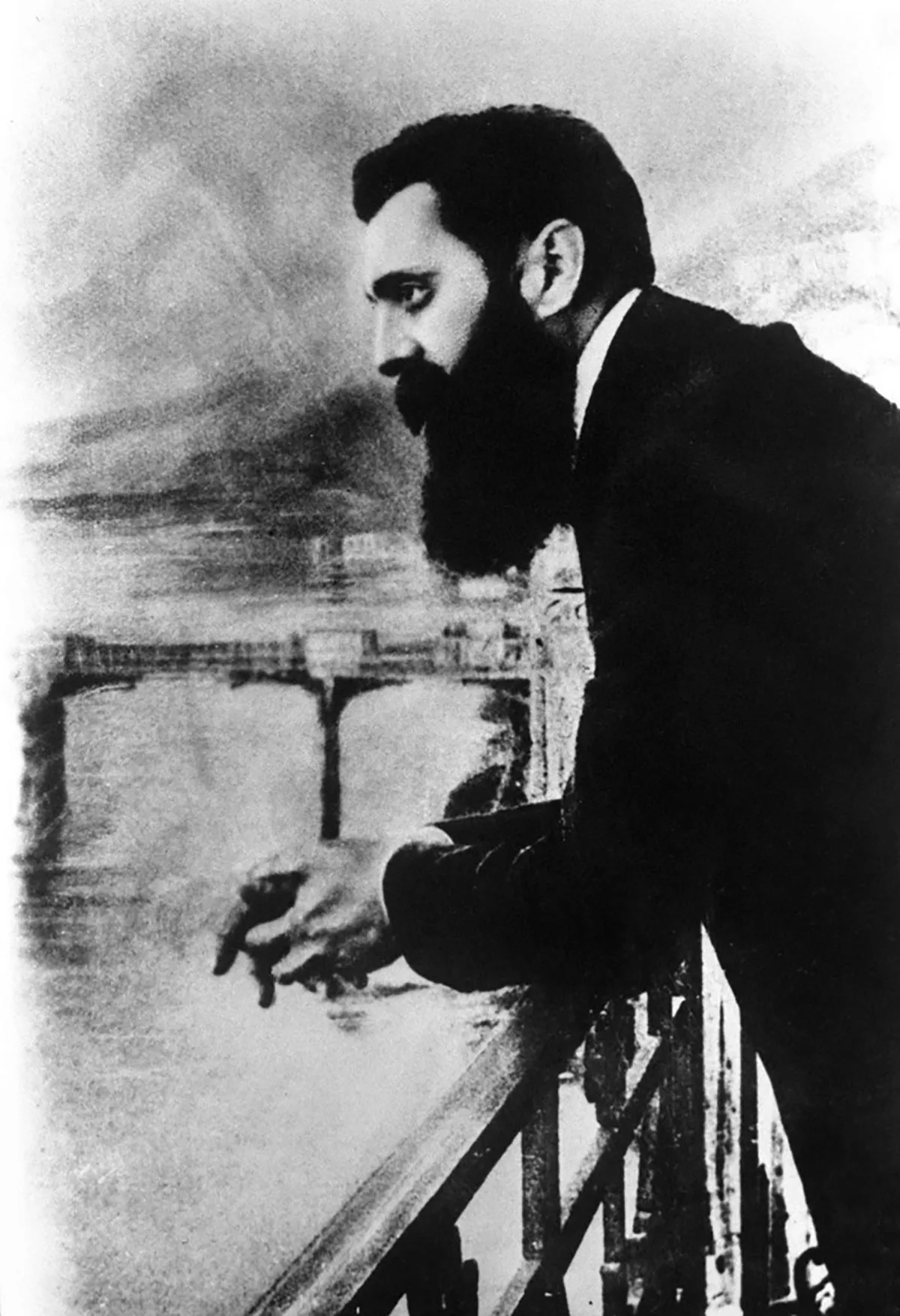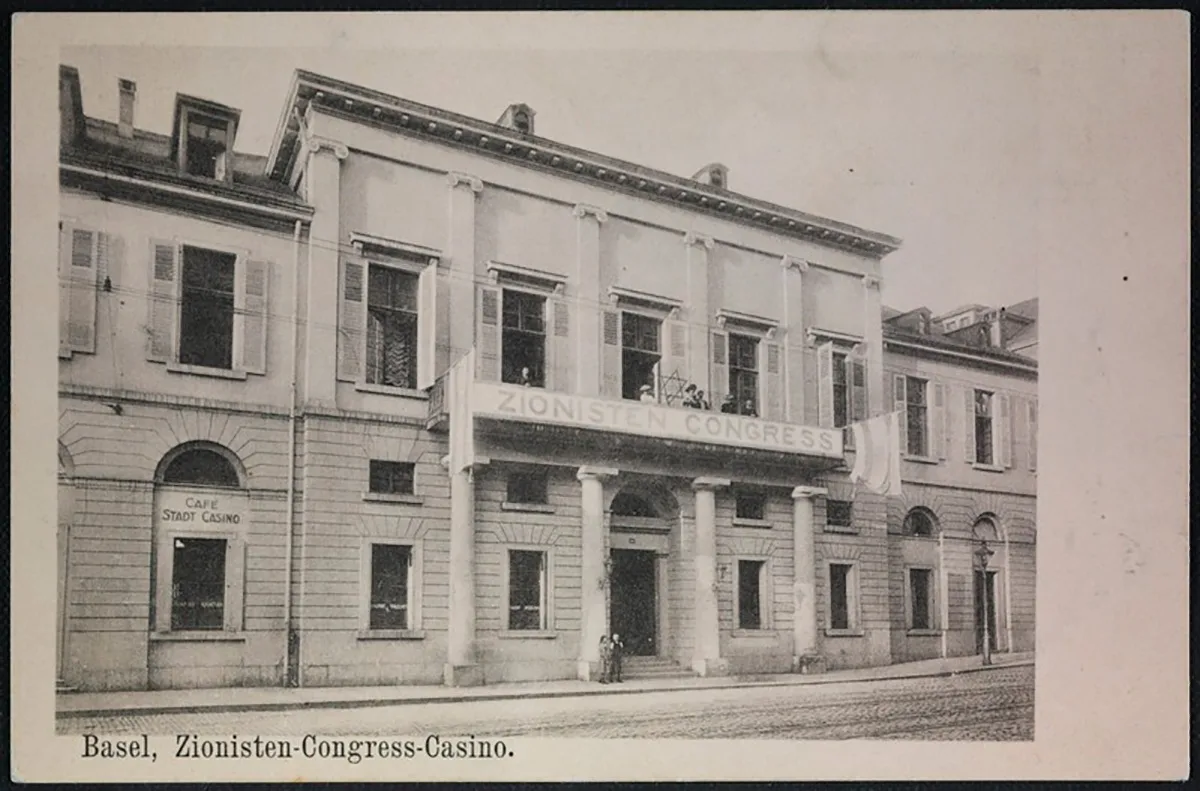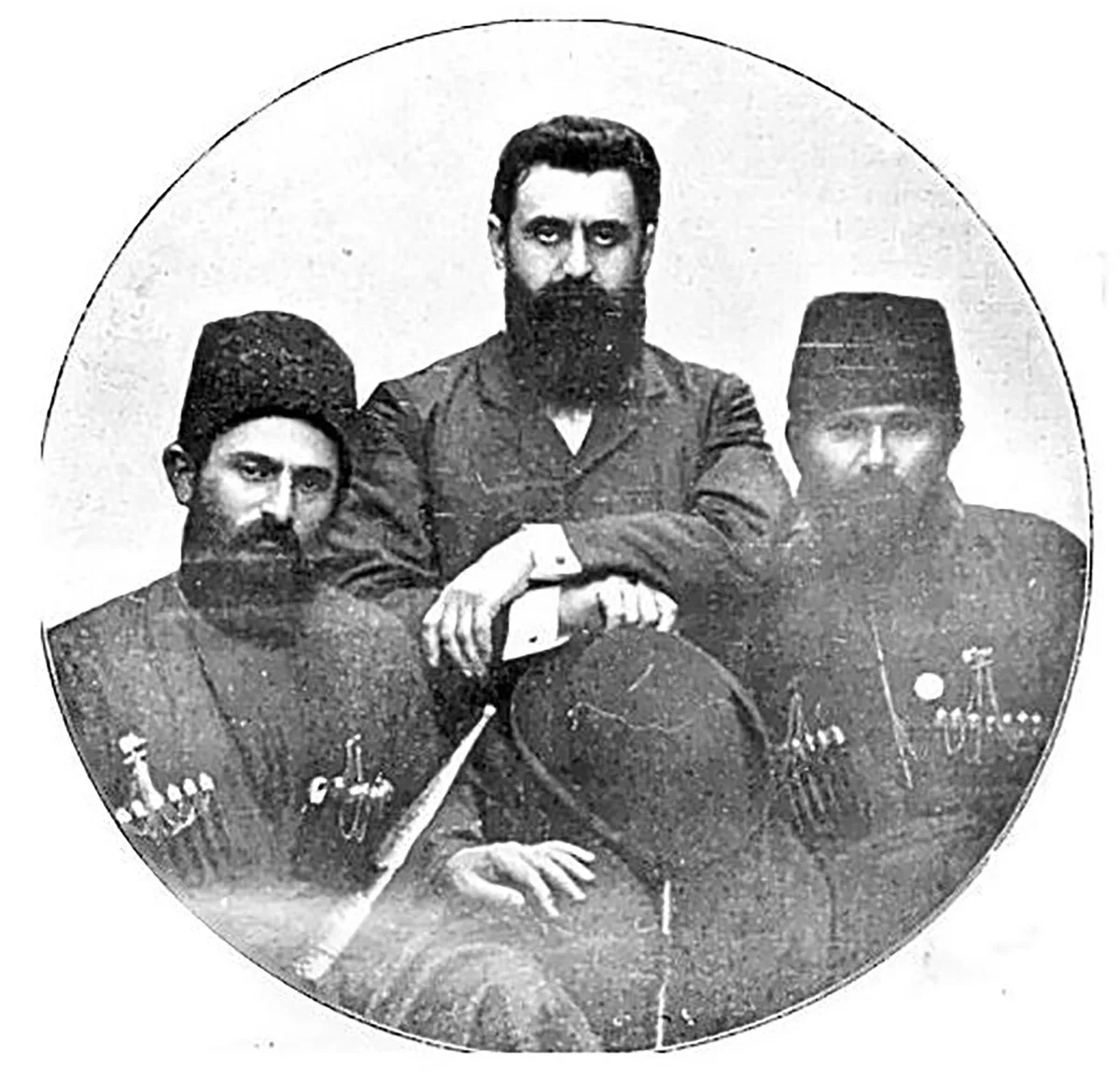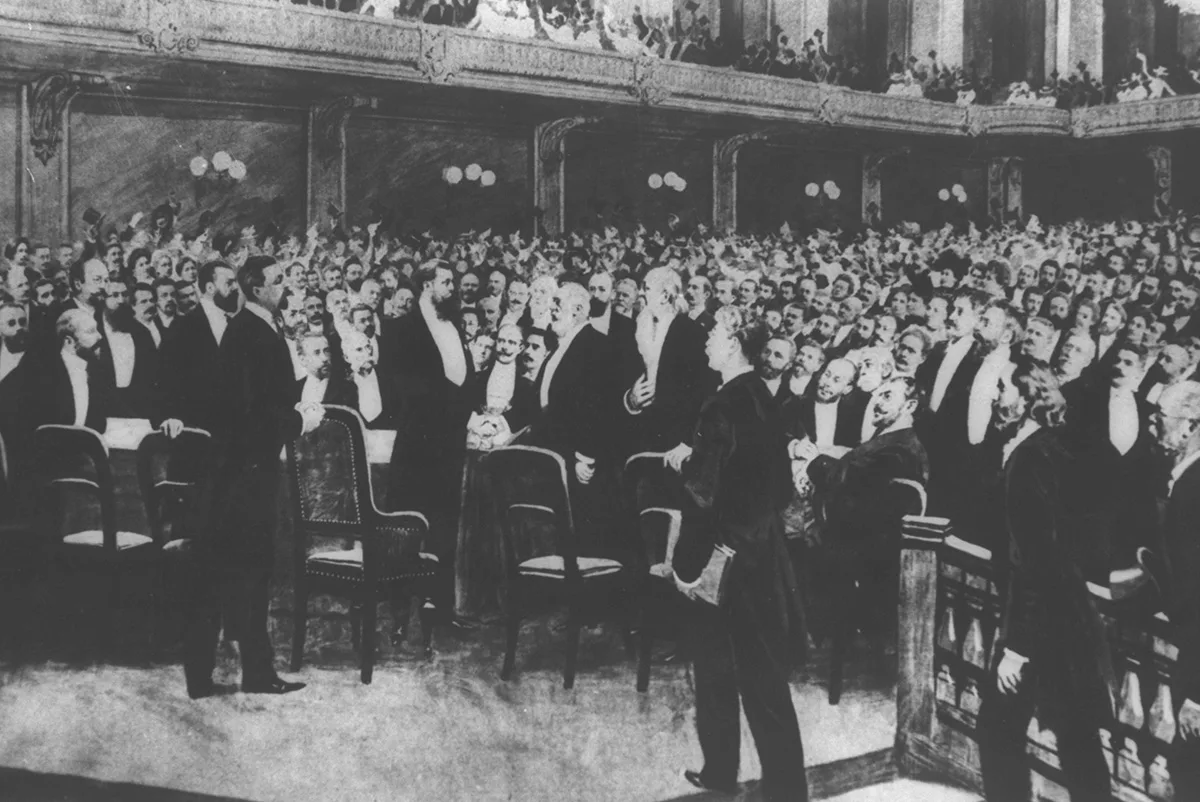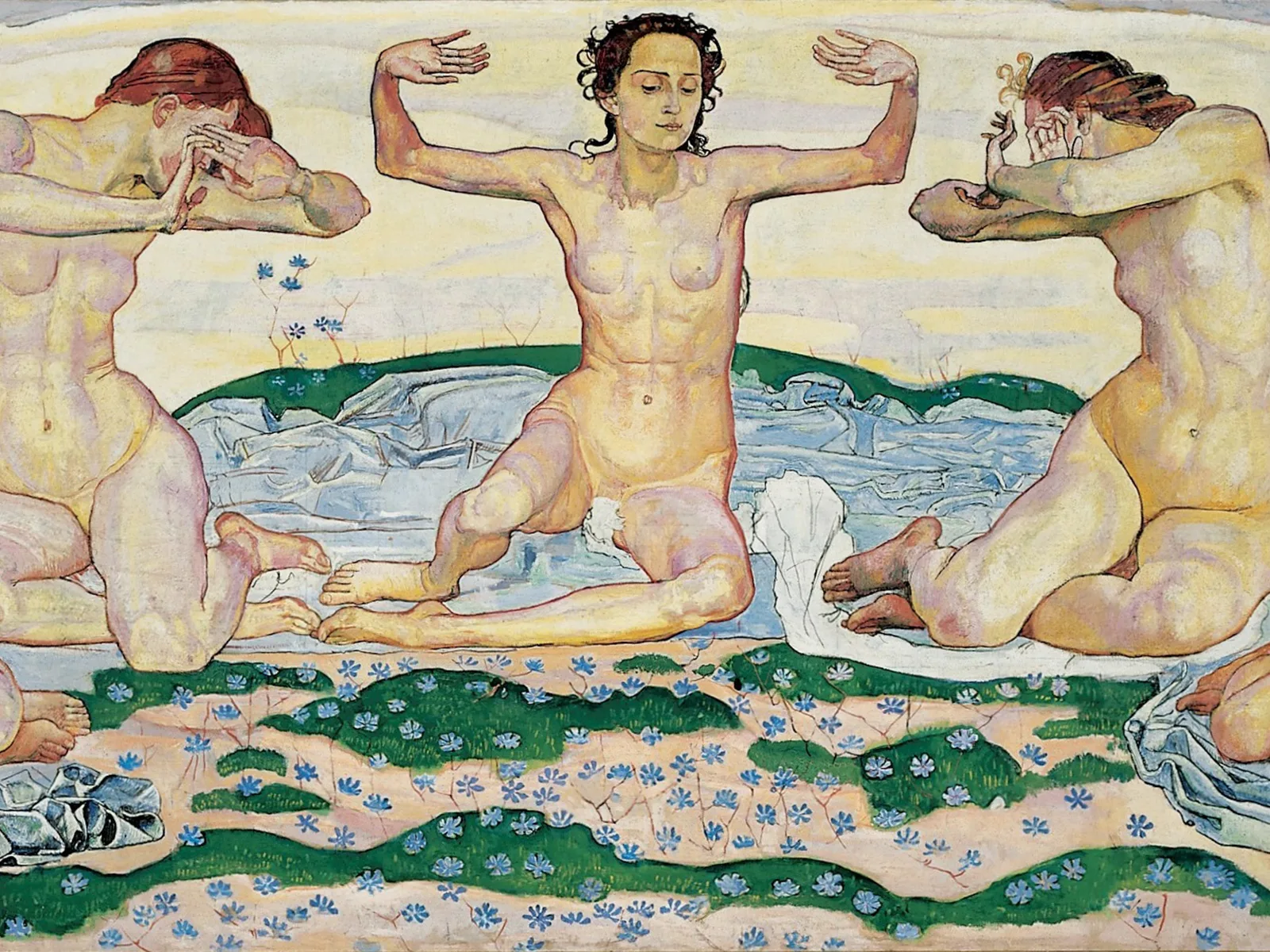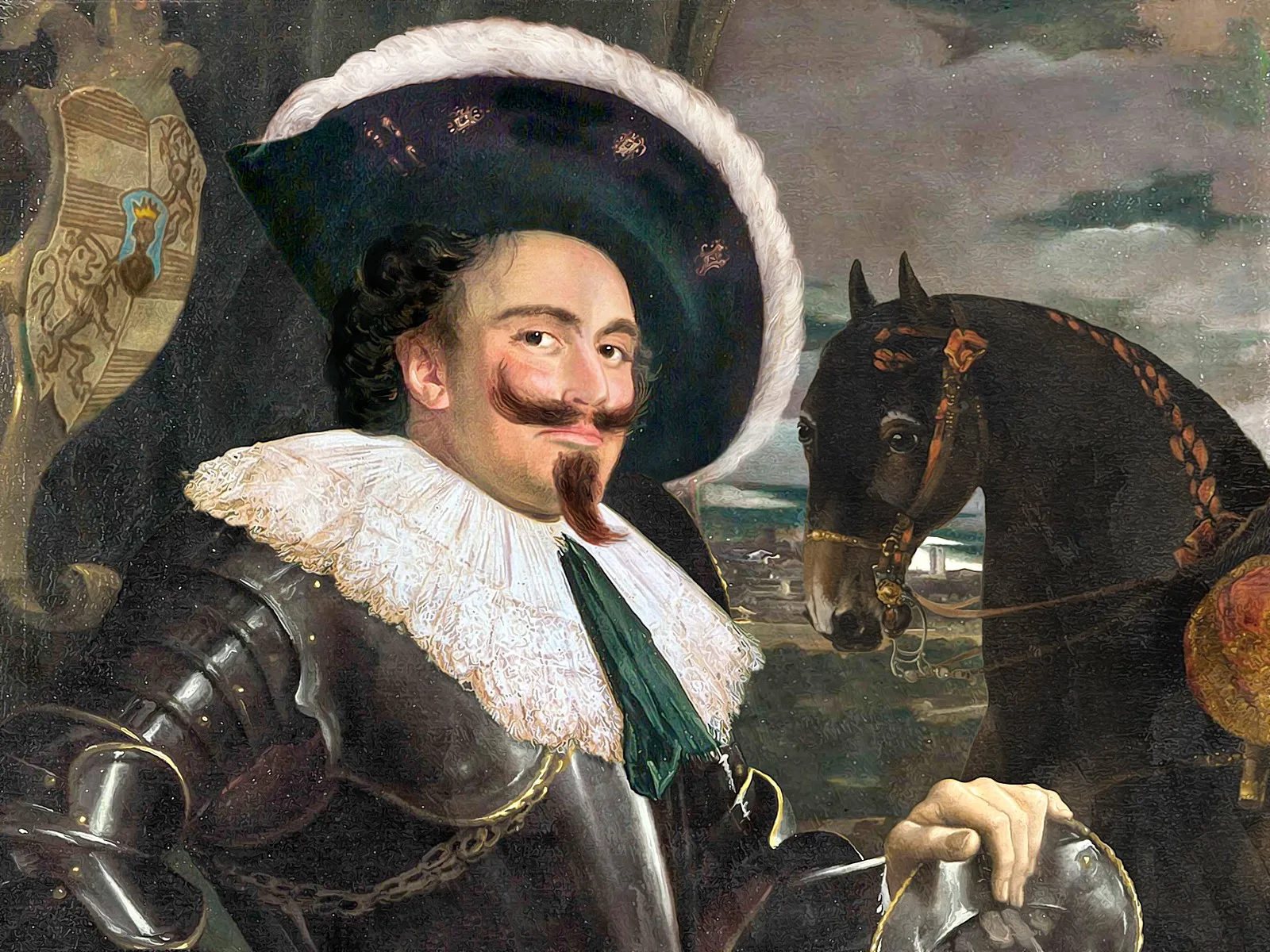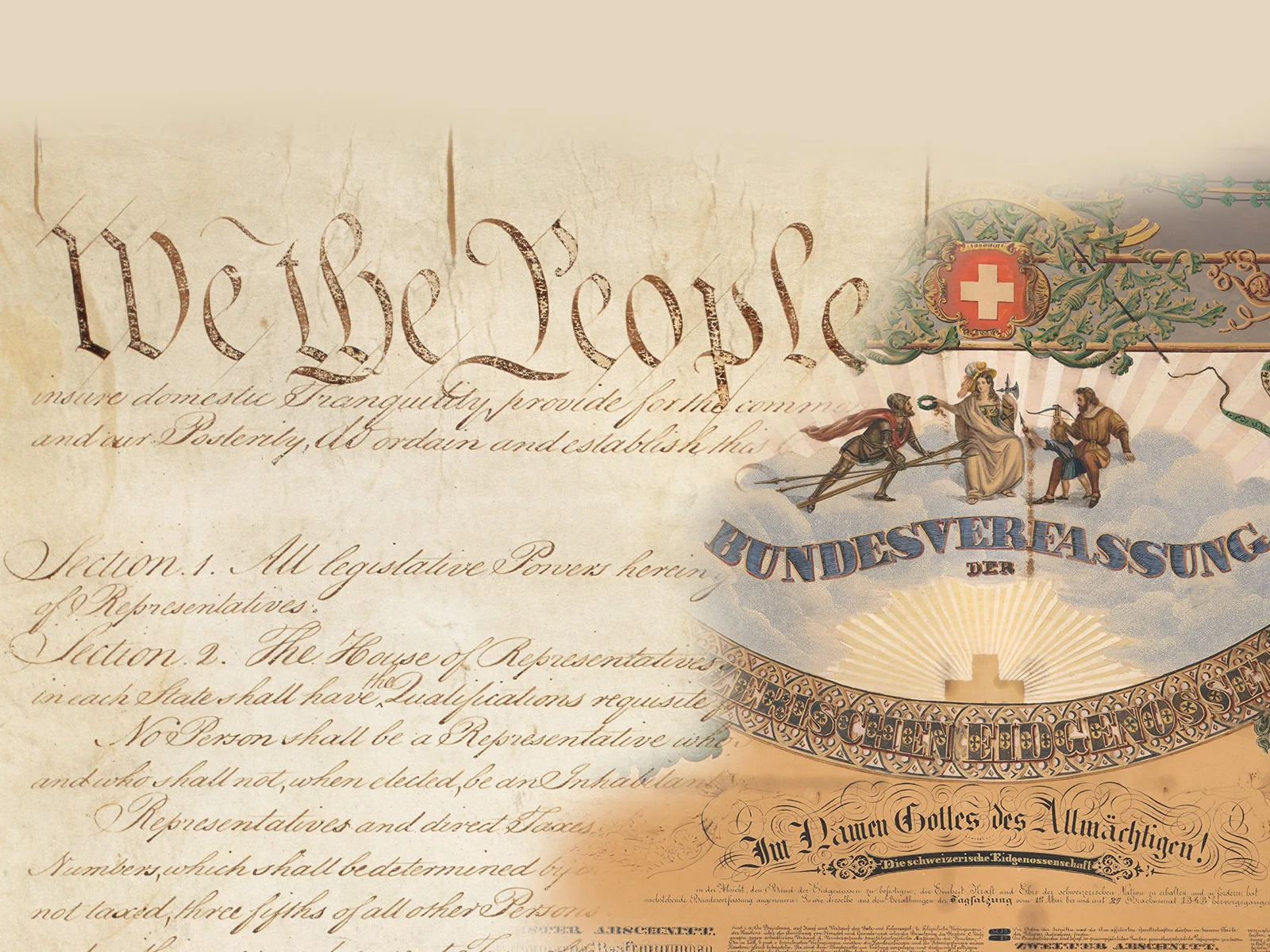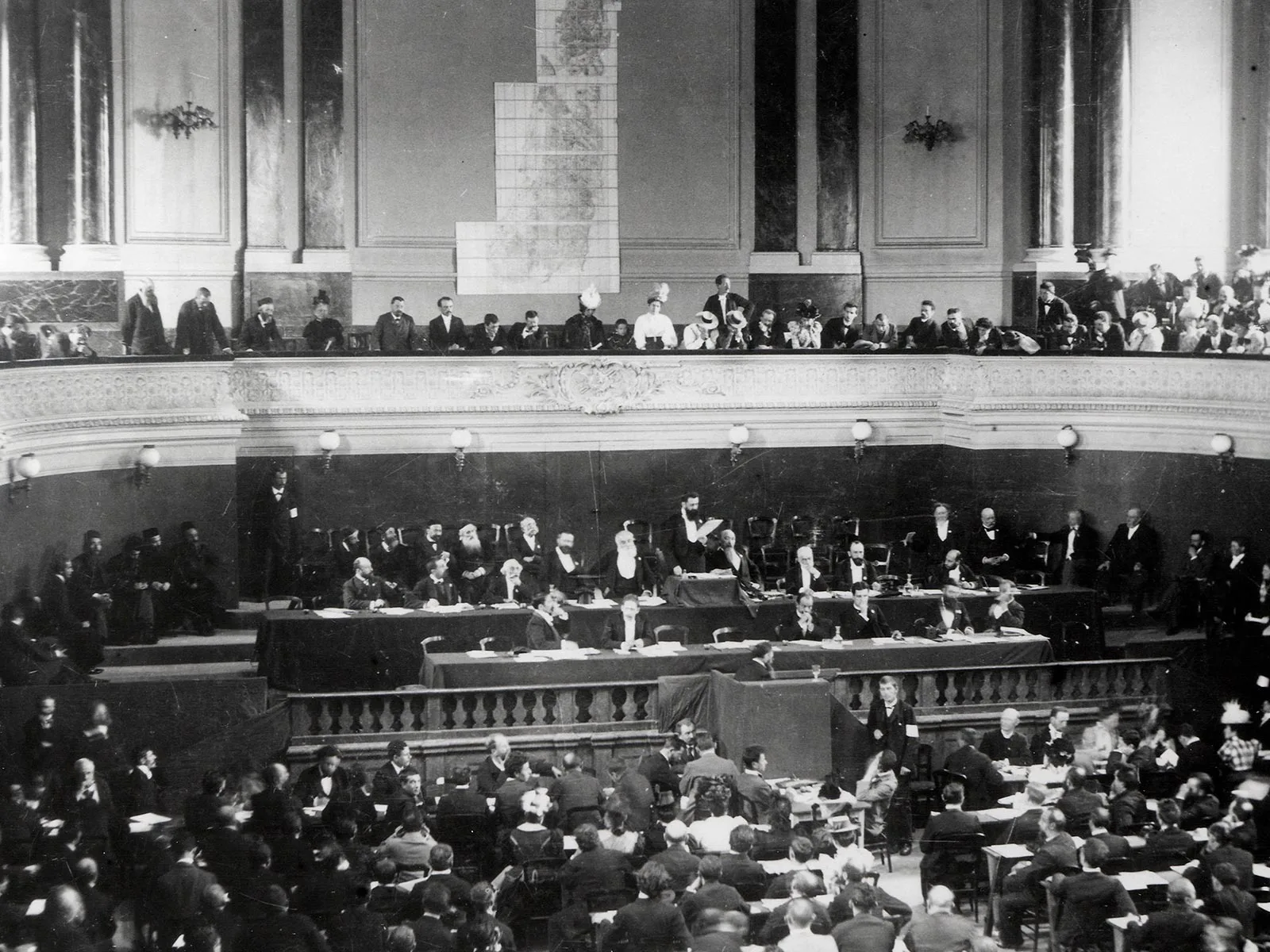
City on the Rhine as centre of the Zionist movement
The Stadtcasino Basel was the key location on the road to a Jewish state. The World Zionist Congress met ten times in the city at the elbow of the Rhine. 2022 marks the 125th anniversary of the founding Congress.
